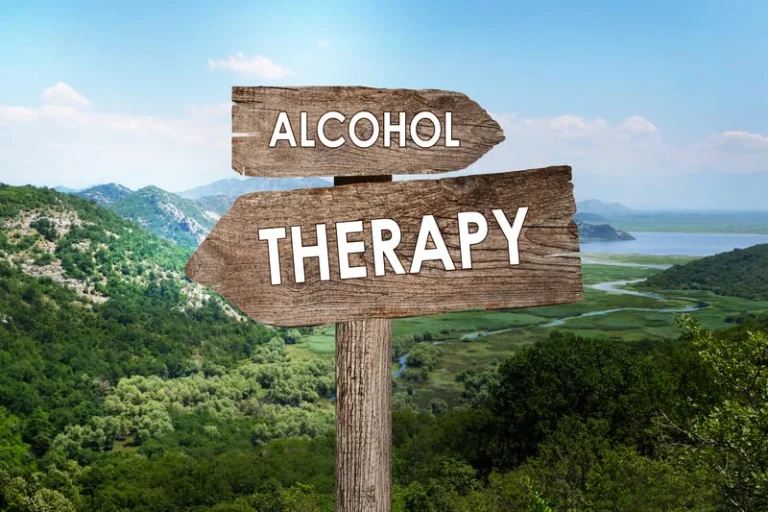
That’s why many of us wonder if a month of avoiding drinking is enough to “reset” your liver back to normal. It’s true that taking a break from alcohol for any amount of time will be beneficial overall, with some research showing that liver function begins to improve in as little as two to three weeks. But a full detox is needed for the most benefit, and how much time that takes depends on a variety of personal factors. Whether you’re challenging yourself to a no-drink stint (hello, Dry January) or considering cutting back on alcohol in general, your body can experience some real changes when you stop drinking. Here are some significant ways not drinking for 30 days or more can impact your body, mind, and overall health. Alcohol causes you to produce excessive amounts of urine, leading to dehydration.
Keep a journal
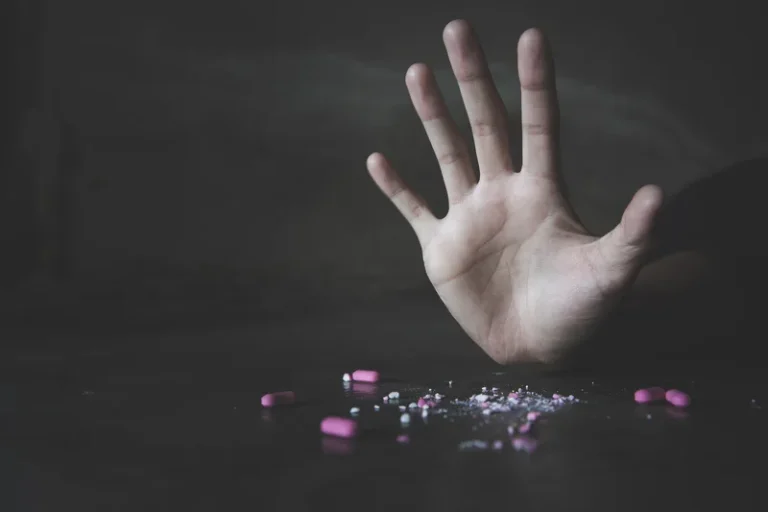
If you have these symptoms if you miss a drinking session, it can be dangerous to stop drinking completely too quickly without proper support. “Nutrition optimization is actually the most evidence-based and most important intervention aside from stopping drinking,” points out Dr. Lindenmeyer. This is because, for a lot of people who experience some kind of liver dysfunction, it makes them at risk of not getting enough proteins, calories or vitamins. In the short term, alcohol is processed through your liver in about an hour. Essentially, feeling “drunk” is when your liver becomes too overwhelmed to properly process alcohol, so it overflows temporarily into your bloodstream. This is what causes you to feel light-headed or tipsy after multiple alcoholic drinks.
Better mental health

Tell your doctor if you see, hear, or feel things that aren’t there. But it’s important to know if something more serious is going on. If you experience ongoing anxiety or depression, it’s important to reach out to a health care provider to discuss treatment options. Exploring, in writing, what you find difficult and when you most want to drink can help you notice patterns that what happens when you stop drinking offer more insight into your alcohol use. Comparing the emotions that come up when you have a drink with the feelings you experience when abstaining also helps you recognize when drinking doesn’t fix the problems you’re trying to manage. Once the initial symptoms of withdrawal have subsided, you may find that you have more energy than you did before you stopped drinking.
- But what are the benefits of cutting out booze for a month and beyond?
- In particular, she’s committed to helping decrease stigma around mental health issues.
- You might not have any issues after your short-term withdrawal goes away.
- A rare but very serious syndrome called delirium tremens can occur during alcohol withdrawal.
Here’s what’s happens to your skin when you stop drinking alcohol for Dry Jan…
While some of these changes can be uncomfortable for some time, they will eventually begin to improve the longer you abstain from alcohol use. If you are thinking about quitting drinking, talk to your healthcare provider. Medical supervision, behavioral health treatment, and mutual-aid groups can help you through alcohol withdrawal and stay stopped. And stopping drinking could make feelings of stress easier to deal with. The CDC defines it as more than 15 drinks per week for people assigned male at birth and more than 8 drinks per week for people assigned female at birth.
- For anyone concerned about heart health, Dasgupta recommended decreasing alcohol intake and increasing physical activity, which also raises good cholesterol.
- Reminding yourself of the many health benefits of sobriety can help you stay focused, end your drinking, and stay sober.
- When you constantly have some alcohol in your bloodstream, you will not think as clearly.
- Withdrawal is different for everyone; there really is no “normal” and it can be hard to predict an individual person’s experience.
But the longer you abstain from alcohol and work on your sleep hygiene, the more improvements in your sleep you’ll see over time. Alcohol use and poor sleep are closely linked because alcohol messes with your sleep-wake cycle. Quitting alcohol has a number of important mental health benefits. In addition to improving your mental well-being, it may lower your risk for some mental illness and contribute to better sleep. Alcohol can also trigger the release of chemicals called endorphins and raise levels of the “feel good” hormone dopamine.
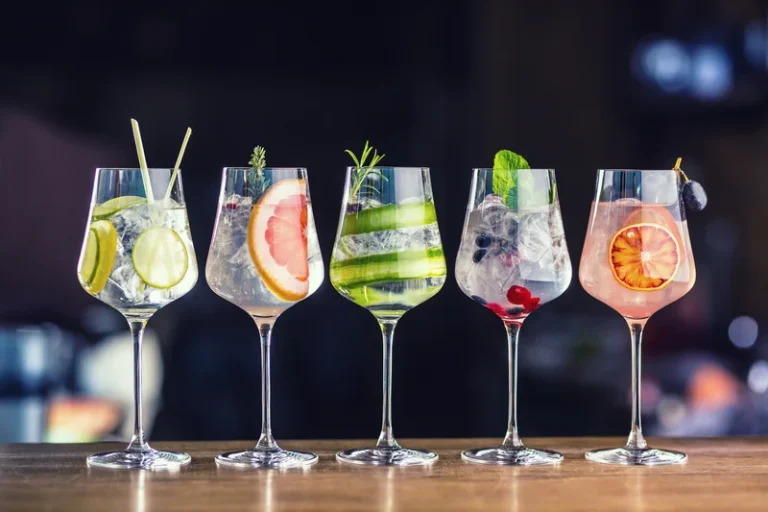
Can alcohol cause inflammation?
This explains random breakouts and any sensitivity you may be experiencing, as your skin barrier is weakened. Severe dryness is also a sign that your pH level is off-balance, indicating that your acid mantle is too alkaline. If you know there’s going to be more than one margarita on the cards, a little prep beforehand could come in handy for the following day. Here are some of the improvements you could see from cutting out alcohol, in the short- and long-term.
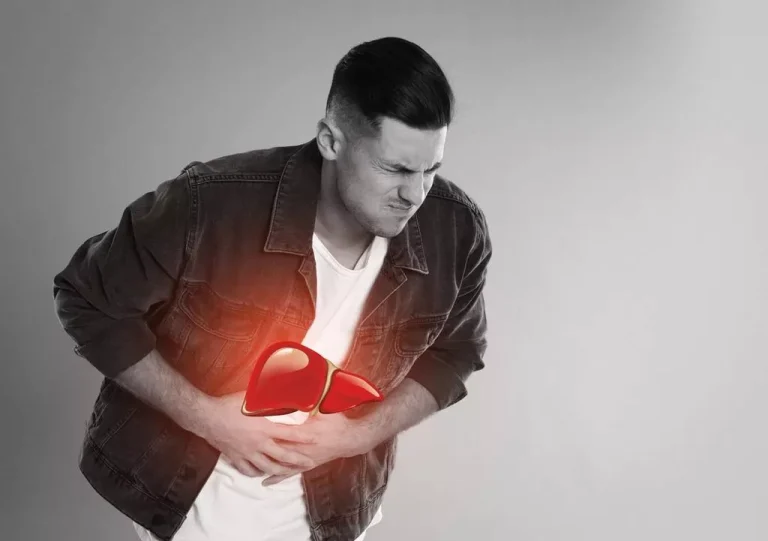
This is because alcohol is a depressant, so when it’s no longer in your system, your body has more energy to work with. Drinking alcohol can contribute to a variety of cognitive issues, including poor memory, slow reaction time, impaired impulse control, and poor concentration. Over time, drinking can also damage nerve cells and contribute to a loss of brain volume. While alcohol is high in calories, and wine, beer, and mixed drinks add sugar to one’s diet, cutting it out may or may not help you lose weight depending on how much alcohol you consume regularly. According to the Dietary Guidelines for Americans, alcohol should be consumed in moderation — up to one drink per day for women and up to two drinks per day for men. “You get the best benefit from alcohol when you drink in moderation.
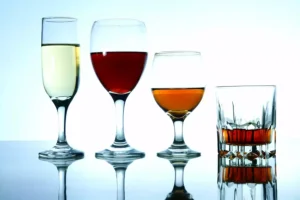
What Happens to Your Body When You Stop Drinking Alcohol
Instead of criticizing yourself for having a hard time or slipping up and having a drink, remember that no one’s perfect. What matters most is your ability to maintain an open, curious outlook as you learn what does and doesn’t work for you. Satisfying hobbies can distract you from wanting to drink, but they also help you relax — something everyone needs to do. If you turn to alcohol to manage emotional distress, the added overwhelm can prompt the urge to drink, making success seem even more out of reach. What’s most important is looking at your drinking habits and finding a way to cut back that works for you.
What Causes Alcohol Withdrawal Symptoms?
It’s common to have a difficult time when making big changes, but good self-care practices can help you manage overwhelming feelings and take care of your mind and body. But maybe you’re unsure about quitting completely and don’t want to hold yourself to that goal. Knowing why you drink is essential, says Cyndi Turner, LCSW, LSATP, MAC, a Virginia therapist specializing in addiction treatment and alcohol moderation. Maybe you don’t think you depend on alcohol exactly, but you still wonder whether you might be drinking too much. One of the unexpected benefits of giving up alcohol is that you may find yourself more productive than before.
Alcohol can cause inflammation and damage to your liver when used heavily over prolonged periods. After stopping alcohol, inflammation in your liver caused by alcohol will subside. Most of this inflammation will be gone by your fourth week of abstinence. While any scarring caused by liver inflammation (called cirrhosis) will be permanent, the effects of inflammation itself will be almost completely resolved by week four.
